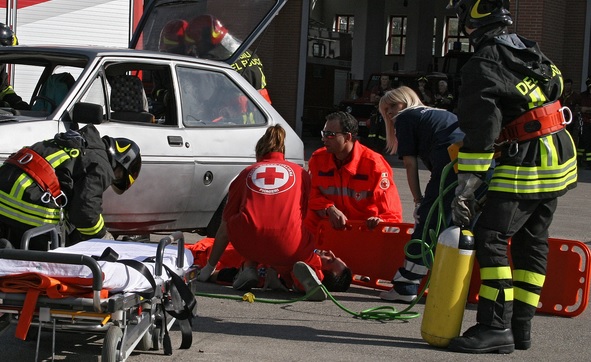Bruxelles – The German Social Democrats (SPD) are paying the price of a coalition government. Nevertheless they will work for a new balance, in order to allow the Country to approve measures for a shared cost of revitalizing the European economy as a whole. After all, initiatives such as the Coronabonds “are one of the tools that we have been proposing for more than a decade as social democrats”, underligned Udo Bullmann, SPD coordinator in the Development Committee of the European Parliament and former chairman of the group of European Social Democrats S&D in the past legislature. In an interview with Eunews, he addresses the hottest economic issue of the moment, the one of mutualising risks to get out of the Coronavirus nightmare.
Eunews: Since some member of the S&D groups – Italy, France, Spain, Portugal, and even the Netherlands – are asking for Corona bond while other governments have no intention to go forward on this, we wonder whether this situation is posing problems within the group. Can the different delegation work together as a group on this topic or are you split as leaders are?
Bullmann: “The S&D Group has always advocated a modern economic and financial framework for the European Union that enables intelligent solutions for pressing problems and solidarity among the Member States. Common bonds have been one of the tools in the toolbox we jointly propose as social democrats for more than a decade. Other instruments we envisage include a common finance ministry, a European Monetary Fund, and a broader mandate for the European Central Bank – to name just a few of the ideas that our Group champions.
We, too, notice how national governments in the Council have much more difficulty in engaging in constructive debates and finding common ground. What is urgently needed is some level-headed leadership that prevents dogmatic positions that do not lead to our success to become entrenched. Traditionally, such leadership has often been assumed by the European Commission. Unfortunately, this is evidently not the case in the present situation.
E: What about the German delegation? Do you agree with the position of your head of government on this topic ? Do you share Angela Merkel’s position?
B: “The differences in opinions between the SPD and chancellor Merkel’s conservatives on issues of European integration are well known and documented. We have seen major cleavages between the two parties in the past – especially during Wolfgang Schäuble’s time at the helm of the finance ministry. It is in the nature of governing as part of a coalition that you have to put up with positions that fall short of what you regard as good and effective policy. This is why we are constantly fighting for majorities that would allow us to pursue a truly progressive political agenda without being blocked by conservative hardliners”.
E: Can SPD convince the German coalition-government to change its mind?
B: The SPD has moved Merkel’s conservatives to give ground on a number of European issues as part of the negotiations of the coalition agreement underlying the current government. Some of them, such as the agreement to support an unemployment reinsurance scheme at EU level, are about to become part of the package of EU measures to fight the current crisis.
And we, as German social democrats, will continue to fight for holistic concepts to reform the European Union in the interest of a better future for all. We need swift solutions to put out fires immediately, but we also need to lay the foundations for a long-lasting recovery that allows Europe to evolve into a more stable and sustainable construction than it was going into this crisis. We understand this very well. This is why we advocate an approach where we, for the sake of stabilisation, make use of ready-made and pragmatic instruments but also try to create momentum for a leap that leads us beyond the current status quo of European economic and financial integration. Now, it is the European Commission’s job to keep this movement alive, accelerate it and table proposals that allow us to achieve concrete results.
E: According to former ECB president, Mario Draghi, loss of income suffered by the private sector must be absorbed by governments. Do you agree?
B: “The current crisis is caused by an external shock – by a natural disaster that nobody could see coming. We must do everything in our power to enable as many viable businesses as possible to survive these extraordinary times. I am therefore fully supportive of the massive stabilisation programmes that are devised all over Europe, including in Germany where the SPD has been the driving force behind the far-reaching measures that have been adopted last week. At the European level, too, social democrats will not cease to work towards maximising the EU contribution to a policy response for the sake of maximum stability and safety, especially for vulnerable groups in our societies. We thus call on the President of the European Commission to present the cornerstones of a European recovery programme that measures up to the challenges ahead – in terms of both quality and scope – before the next summit”.








![La sede della Corte penale internazionale a l'Aia [foto: Wikimedia Commons]](https://www.eunews.it/wp-content/uploads/2025/04/corte-penale-internazionale-120x86.png)


